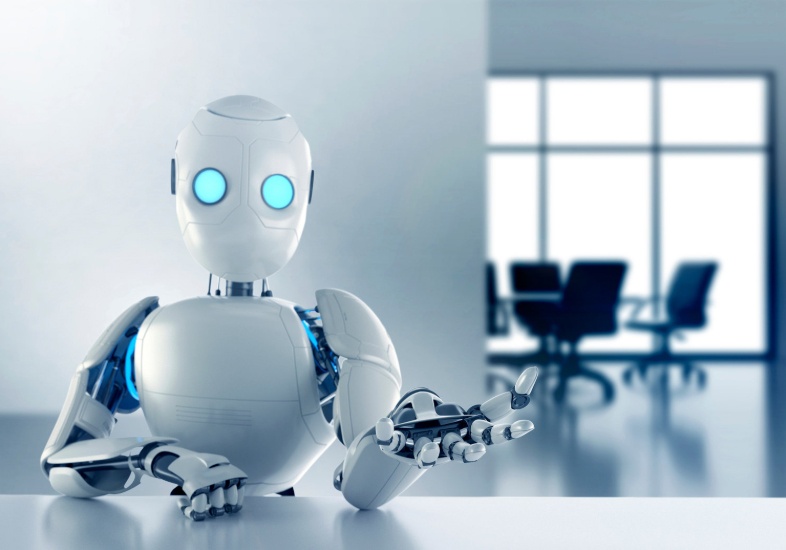The application of artificial intelligence is definitely a "hot" topic!
I have had the pleasure of reading many very interesting articles (including this excellent text by Julien Dargaisse) on this topic without always understanding what the concrete fields of application were on the recruitment process or even talent acquisition.
Generally, it is a given that AI is used to improve and/or automate certain recruitment processes, such as job writing, HR sourcing, screening and messaging (e.g., chatbots).
A recent Jobvite survey on AI and automation found that overall, recruiters appear to be embracing AI and are optimistic about its impact on recruitment.
Half of recruiters (49%) say they are satisfied with the effects of AI and automation on their jobs, while only 7% think AI will have a negative effect.

AI is a promising tool for nearly half of recruiters
The biggest impact AI seems to be having so far is the realization that recruiting must change dramatically in the near future. This same realization led us to work on an inbound approach to employer brand attractiveness: the Inbound Recruiting.
Also according to the Jobvite study, 72% of recruiters believe their approach to hiring will need to evolve as AI and automation gain momentum.
The increased competition in the labor market, the increase in hiring volume expected in France and the shortage of recruiters to be feared in the coming years essentially explain the craze for these new technologies, according to the State Of Sourcing Survey conducted in 2017 by SourceCon.
This is reflected in particular in 5 concrete advances in AI in 2018 for recruitment:
1 - Job writing through sentiment analysis
Sentiment analysis is a Machine Learning technology used to determine the emotional tone of a series of words to help the computer understand attitudes, opinions, and emotions present in a text.
Thus, this tool can be used to create job descriptions that drive more engagement from specific candidates, defined based on Candidate Personas.
2 - Autonomous sourcing
With autonomous sourcing, Artificial Intelligence, formed as a learning solution, will search for qualified candidates online by identifying them in resume databases such as CareerBuilder or directly on LinkedIn.
Filtering algorithms ensure that only profiles of real interest to the company are retrieved.
3 - Intra-ATS rediscovery
Somewhat similarly to autonomous sourcing, AI can analyze job descriptions and then compare them with ATS databases to " rediscover " candidates who have applied in the past and whose skills are in demand for a position that has just opened.
4 - The " Resume Screening "
Machine Learning tools can now analyze the content of a resume in a fairly fine-grained way to extract key skills, estimate qualifications, and then rank it based on their relevance to certain job openings.
5 - NLP for recruitment chatbots
In French, the acronym TALN stands for automatic natural language processing, sometimes also called linguistic engineering.
With NLP, recruiters are assisted by " conversational agents " who use correct natural language interpretation to gather information from candidates, ask screening questions, answer specific questions about the position, and schedule an interview.
The information collected by the chatbot is then fed into an ATS or sent directly to a human recruiter for follow-up.
The rapid development of technologies around AI, coupled with Big Data, will certainly ensure further major developments in the coming years.







